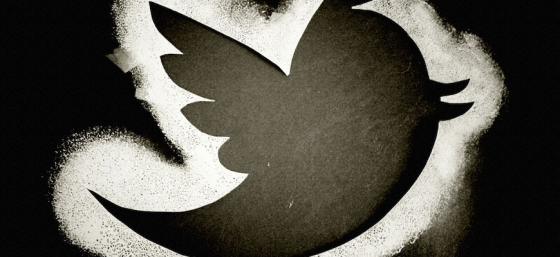It’s been quite a week of stories about people behaving badly on Twitter. For anyone who didn’t know, you’re not allowed to say whatever you want on an online forum. By using Twitter you are bound by the site’s terms of service, even if you didn’t read them. You can be punished if you violate the site’s terms which could include the suspension or termination of your account. If you violate any state or federal laws using Twitter, you could face civil or criminal penalties.
Here are the Twitter news stories from this week.
Story #1: Twitter User Arrested for Harassing Tom Daley
Tom Daley is a member of the British Olympic Diving Team. Apparently a 17 year-old has been tweeting offensive message to Tom Daley on Twitter, including tweets about Daley’s father who died last year of brain cancer. The teen was arrested this week for suspicion of malicious communications. The UK has the Malicious Communications Act which made it illegal to send electronic communications that are grossly offensive and sent with the intent to cause distress or anxiety. If this kid is convicted, he could face up to 6 months in jail or a fine of £5,000.
Twitter’s rules specifically state that you cannot use Twitter “for any unlawful purposes or in furtherance of illegal activities.” If this kid is convicted, he could lose his Twitter account. Even if this kid isn’t convicted, he could still lose his account because Twitter reserves the right to suspend or terminate any user at any time. So they could terminate him just because they were offended by his behavior.
Story #2: Journalist’s Twitter Account Suspended for Tweeting NBC Exec’s Email Address
Guy Adams is a British journalist who posted scathing tweets about NBC’s coverage of the Olympic Games. He’s not the only person calling NBC out for their many missteps. NBC filed a complaint against Adams after he tweeted the email address for Gary Zenkel, President of NBC Olympics and encouraged his followers to let Zenkel know what they thought of the Olympic coverage. Twitter suspended Adams’ account saying that Adams violated Twitter’s terms that prohibit users from publishing private information about others.
Here’s the problem: Adams didn’t publish any private information. Adams responded to Twitter’s notification that his account was suspended by stating that Zenkel’s executive email address can be easily found online. Twitter reinstated Adams’ account shortly thereafter. Bravo Guy for standing up for yourself!
My rule of thumb has always been “Don’t post anything online that you wouldn’t put on the front page of the newspaper.” Twitter’s rules state that you can’t use their forum to impersonate others, publish private information, or break the law. They can suspend or terminate your account if you do. But if you’re wrongfully suspended, stand up for yourself. I’m glad to see that Twitter listens and responds appropriately when you do.
If you need help understanding how far you can go without crossing the line, consult a lawyer who understands internet law (like me).
Feel free to connect with me via Twitter, Google+, Facebook, and LinkedIn.
Please visit my homepage for more information about Carter Law Firm.
